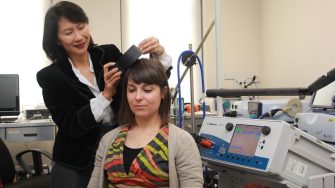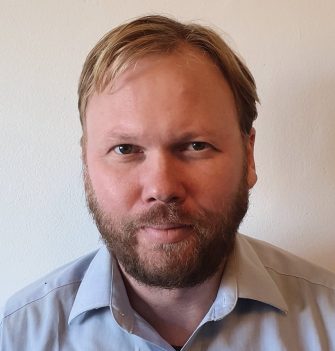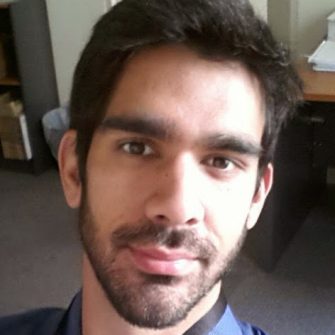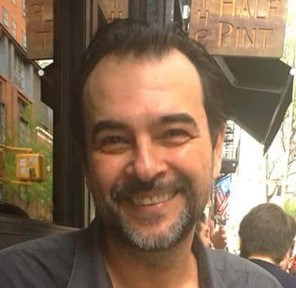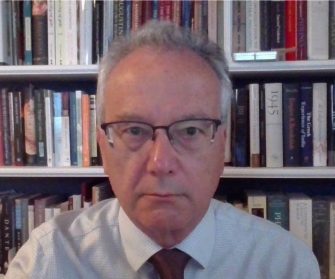Neurostimulation & Interventional Psychiatry
Led by Professor Colleen Loo, our team investigates novel ways to treat depression and other neuropsychiatric disorders. We are an integrated research team with expertise across basic neuroscience, clinical psychiatry, neuropsychology, clinical policy and clinical practice.

